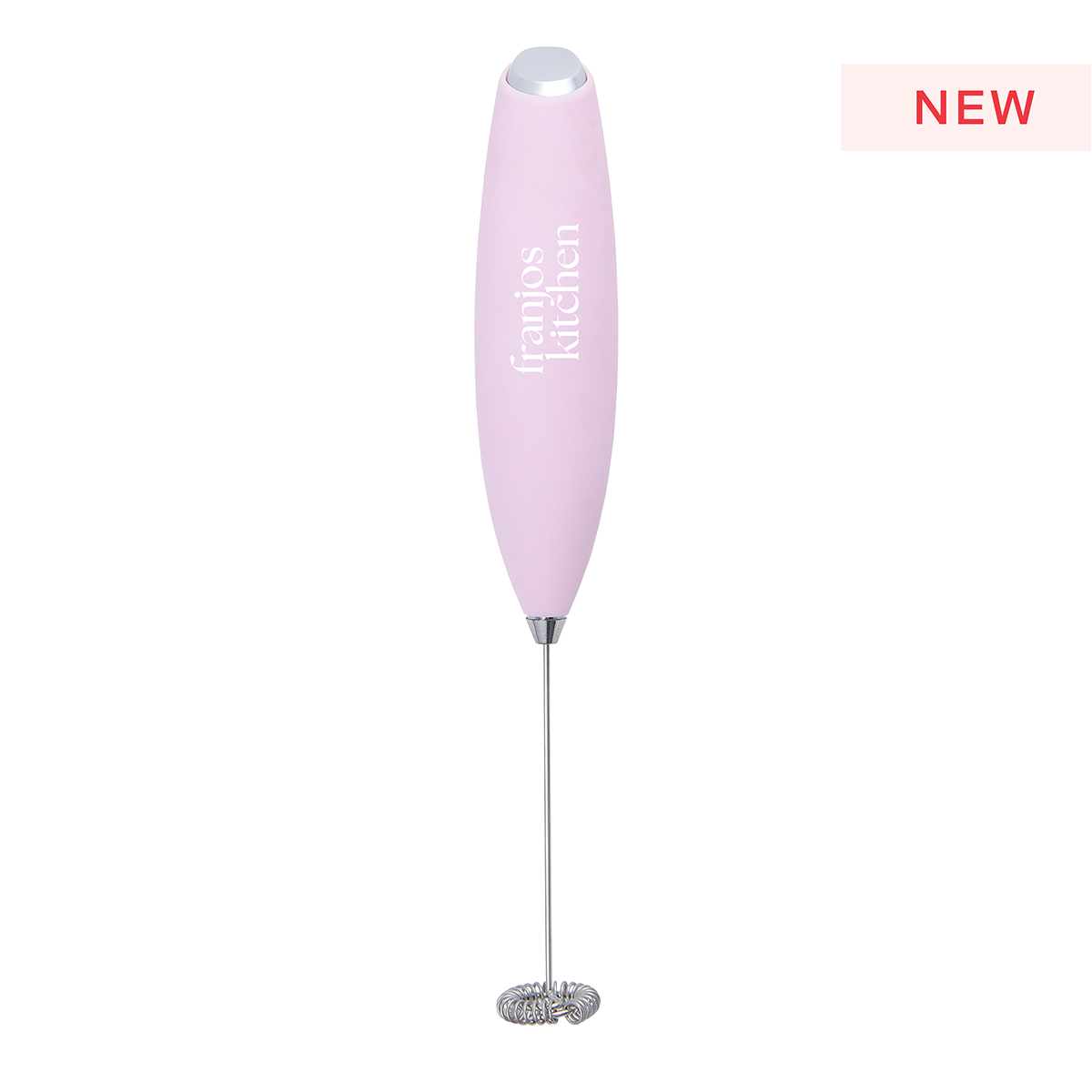Increasing Milk Supply: Expert Tips from a Holistic Lactation Consultant
Before your baby arrives:
One of the most practical ways to support milk supply is to learn the technique of hand expressing while you are still pregnant. This is the process of manually squeezing and collecting any colostrum (early milk) in the breast. Not everyone manages to collect colostrum and that is ok, learning the technique ahead of time is the main goal. You will need to wait until 36 weeks of pregnancy and seek approval from your healthcare provider.
The golden hour/hours represent the first 1-3 hours post birth that are very impactful on the long-term breastfeeding journey. Learn about the breast crawl, which is where the baby finds their way to the nipple and latches on themselves! Studies have shown that babies who self-initiate their first feed have better feeding outcomes. Discuss prioritising the golden hours in your birth plan with your care providers.
It is great to know what support is available ahead of time. Find out what your birth hospital and local council have available. If you have the means to enlist some private support, seek out a local International Board Certified Lactation Consultant (IBCLC) and see if they have some availability around your due date. Doing a bit of research before your baby arrives helps to take the stress out of finding support if needed when your baby is here and you may be experiencing challenges. Delegating this research to a close support person can also be a good thing to do.
If you have any (above) conditions that may predispose you to low milk supply it is great not only for your breastfeeding journey, but your overall health to get support with these before your baby’s arrival. There is so much a naturopath, nutritionist and/or integrative GP can do to support your health and optimise your milk supply, and having a solid treatment plan can help to guide the way.
Planning will allow you and your partner to focus on establishing feeding in those early days and weeks. Good nutrition is really important to support healing, sleep and milk supply. The less you have to worry about running the house and the more you can utilise your village of friends, family and professionals, the more mental and physical energy you can dedicate to feeding and bonding with your newborn.
After your baby arrives:
When your baby arrives, frequent and unlimited breastfeeding will allow your baby and body to communicate, and this drives supply and demand. The more your baby demands (feeds) breastmilk, the more your body will respond by increasing the supply. It is normal for feeding to be all over the place in the early days, particularly before your milk volume increases, which is typically seen around 72 hours and beyond.
A well-nourished mother is better able to nourish her baby. Eating an extra 300-500 calories per day is required to support breastmilk production and volume. Getting adequate protein levels is also really important, aiming for around 20-30 grams per meal will support hormonal health and provide the building blocks for breastmilk production. Around 3 litres of water is required, as 80% of breastmilk volume is water. Having single handed snacks prepped for the early days is a great way to contribute to your overall calorie intake, and can be consumed while breastfeeding and holding your little one. Where possible, prioritise organic ingredients, protein, fibre, qaulity fats and slow carbs. A great way to stay hydrated as a mother, is by using Franjos Kitchen Motherhood Hydrartion powder (in either Mixed Berry or Blood Orange).
If expressing breastmilk is needed to support milk supply and enhance supply and demand, making sure you have a hospital-grade pump that fits well is essential. Efficiency is key. A lot of parents find pumping and washing pumping equipment very time-consuming. Feeding any expressed milk with a bottle must be done with the paced bottle feeding technique, this means your baby will be less likely to develop a flow preference for a fast and easy bottle and reduce their fussing at the breast.
Most stop taking their prenatal once pregnancy is done, however, taking a good quality prenatal throughout breastfeeding will support the body’s need for micronutrients. Certain foods are thought to have milk-increasing effects, although high-quality research tends to be lacking around these, and knowledge is more anecdotal. Some galactagogues (milk-increasing foods and herbs) to try are oats, brewers yeast, fennel, fenugreek, goat's rue, raspberry leaf, linseed, ginger, garlic and barely to name a few. Consulting with a nutritionist, herbalist, naturopath and/or IBCLC is a great way to go, particularly when exploring herbs. Using Franjos Kitchen lactation cookies is a great way to get some nuteint dense, nourisahing galagctogens into your diet. The range is naturopath designed, plant-based and full of vitamins and minerals, with GF options.
Seek support
If you are concerned that your baby is not getting enough breastmilk and you are needing support with breastfeeding then seeking some professional support is key! Book in with a local IBCLC or GP + IBCLC for guidance around your individual needs. Perceived or genuine low supply can be stressful, so speaking with a psychologist, or enlisting the support of a postpartum doula can also help you to feel emotionally supported. Stress can have an impact on your hormones and milk supply, so taking a holistic approach means you are covering all bases.
Joelleen Winduss Paye is a Holistic Lactation Consultant, Midwife, Naturopath & Educator based in Melbourne, Australia. She is the founder of JWP, a holistic breastfeeding service that is both in-person and online. Joelleen can be found at www.jwp.care and also at @jwp.care where she shares holistic and supportive content for breastfeeding parents.


